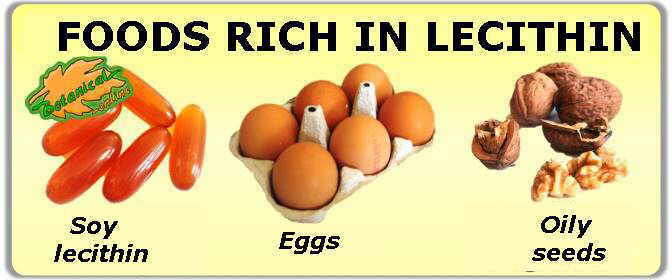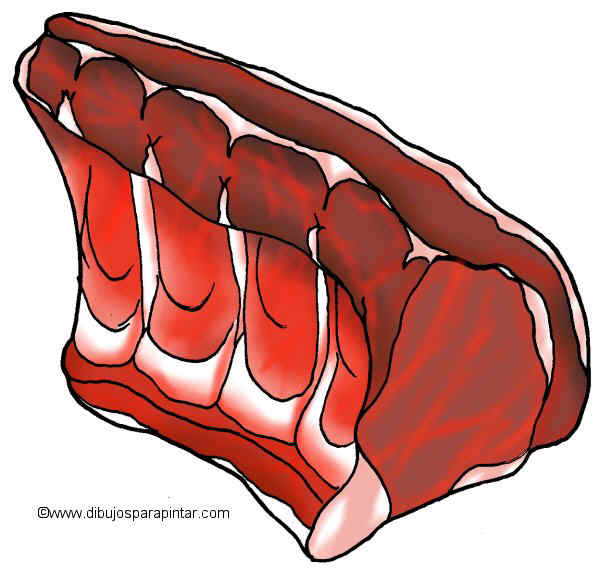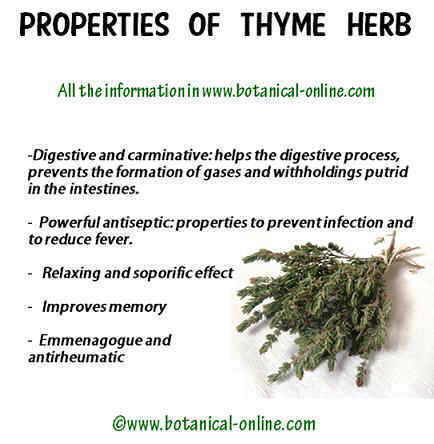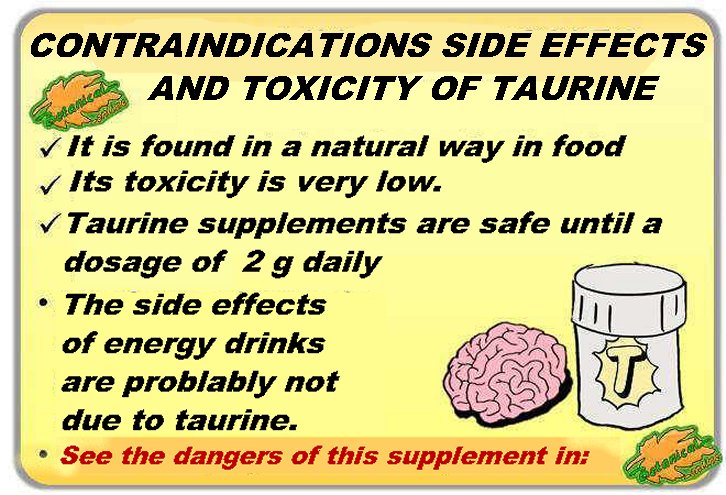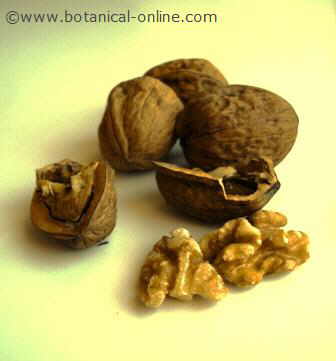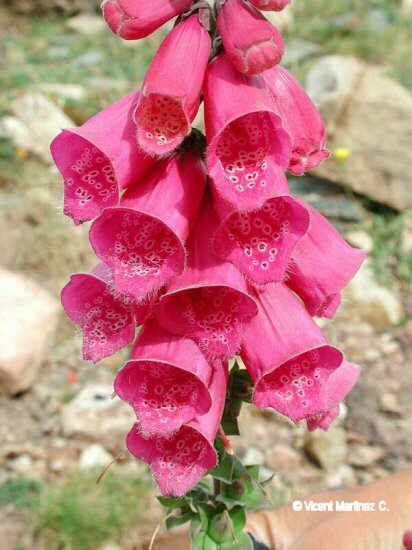Nutritional composition of dried apricots
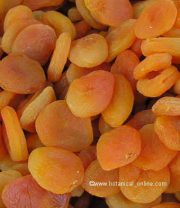 In short, as mentioned, “orejones” are dried apricots or dehydrated peaches. They contain many sugars, a moderate amount of protein and are very rich in minerals:
In short, as mentioned, “orejones” are dried apricots or dehydrated peaches. They contain many sugars, a moderate amount of protein and are very rich in minerals:
Dried apricots contain mainly many sugars, which provide energy. But apricots do not contain fats and, therefore, they do not constitute an energy contribution as important as artificial snacks with added fat (chocolates, pastries, …). This is because fat is the nutrient with the highest amount of calories per gram.
The protein content of dried apricots is moderate (5g per 100g), however, although it is a considerable contribution taking into account that of other fruits, it can not be considered a food rich in this nutrient and should be complemented with other foods rich in proteins
Composition per 100 g of apricots
| Composition per 100 g of apricots. | |
| Nutrients | Fresh /Dehydrated |
| Water | 86,35 g / 7,5 g |
| Energy | 48 kcal / 320 kcal |
| Fat | 0,39 g / 0,62 g |
| Protein | 1,40 g / 4,90 g |
| Carbohydrates | 11,12 g / 82,89 g |
| Fiber | 2,4 g / —- |
| Potassium | 296 mg / 1.850 mg |
| Phosphorus | 19 mg / 157 mg |
| Iron | 0,54 mg / 6,31 mg |
| Sodium | 1 mg / 13 mg |
| Magnesium | 8 mg / 63 mg |
| Calcium | 14 mg / 61 mg |
| Copper | 0,089 mg / 0,57 mg |
| Zinc | 0,26 mg / 1 mg |
| Selenium | 0,4 mcg / —- |
| Vitamin C | 10 mg / 9,5 mg |
| Vitamin A | 2612 UI / 12 669 UI |
| Vitamin B1 (thiamine) | 0,03 mg / 0,043 mg |
| Vitamin B2 (Riboflavin) | 0,890 mg |
| Vitamin E | 0,6 mg / —- |
| Niacin | 0,6 mg / 3,58 mg |
Información relacionada: ¿What are dried apricots? / Nutritional properties of dried apricots
![]() More information on apricots
More information on apricots



